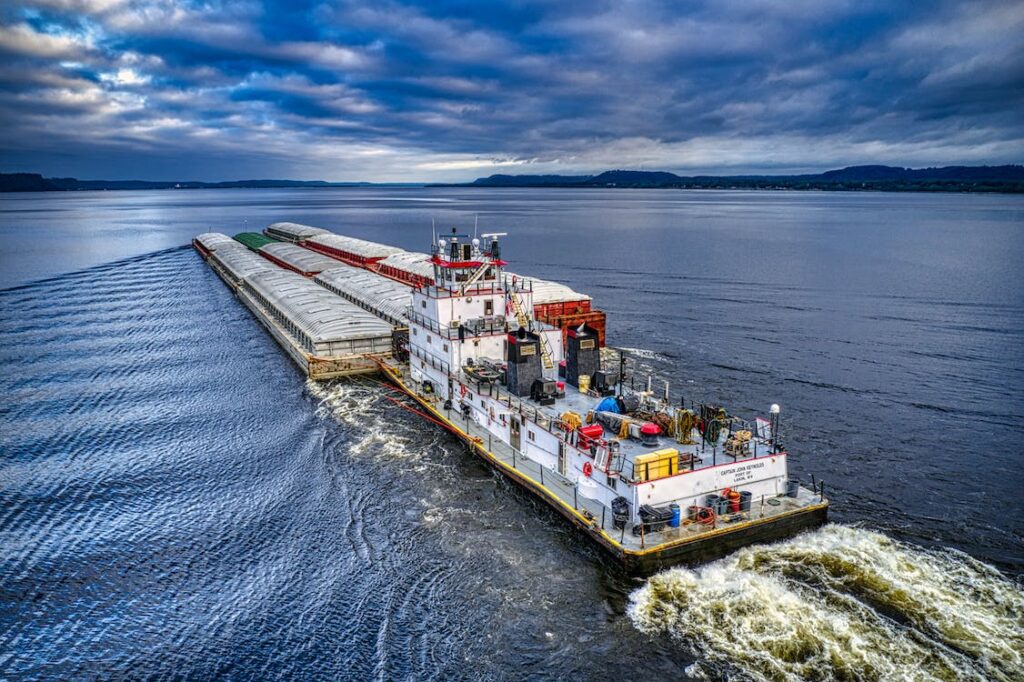
In autumn 2022, a panel discussion on “The Future of Inland Navigation and Rational Water Management” took place. What conclusions can be drawn from the meeting? According to the agreements, by 2030, it is planned to redirect about 1/3 of goods transported by land (for cargoes traveling more than 300 km) to waterways or railways. The plans are even more ambitious and far-reaching – it is estimated that by 2050, changes will affect half of the transported cargo.
On the line are losses and gains. When considering such investments, one should primarily take into account the long-term effects. While the costs may exceed direct profits, the return on investment will only come after several decades. Investments related to inland waterways are estimated to exceed 100 billion Polish zloty. The European Union has not yet taken a position on the possible financing of such projects in Poland.
Difficult ecological issues. On the one hand, the construction of new waterways naturally involves interference with the natural climate, but on the other hand, it is necessary to reduce CO2 emissions. Improving the navigability of waterways is essential for this purpose. As data from the Central Statistical Office shows, Poland has been struggling with a water deficit problem for years. Snow-poor winters result in poor soil retention, riverbeds are often empty, and drought affects not only farmers. It is necessary to engage in a dialogue with environmental organizations to jointly develop a strategy for the development of waterways in our country.